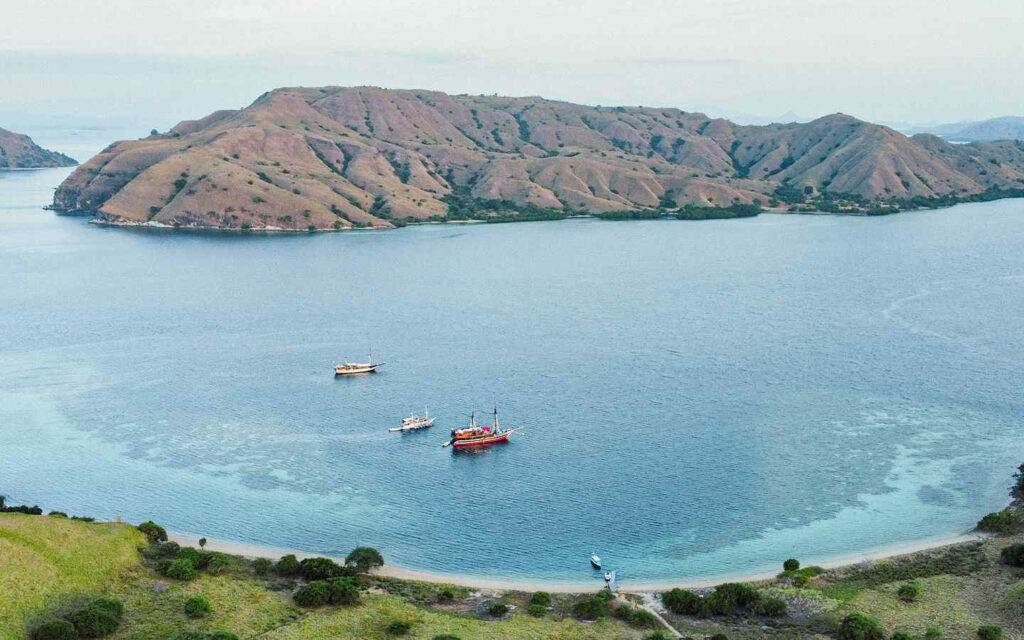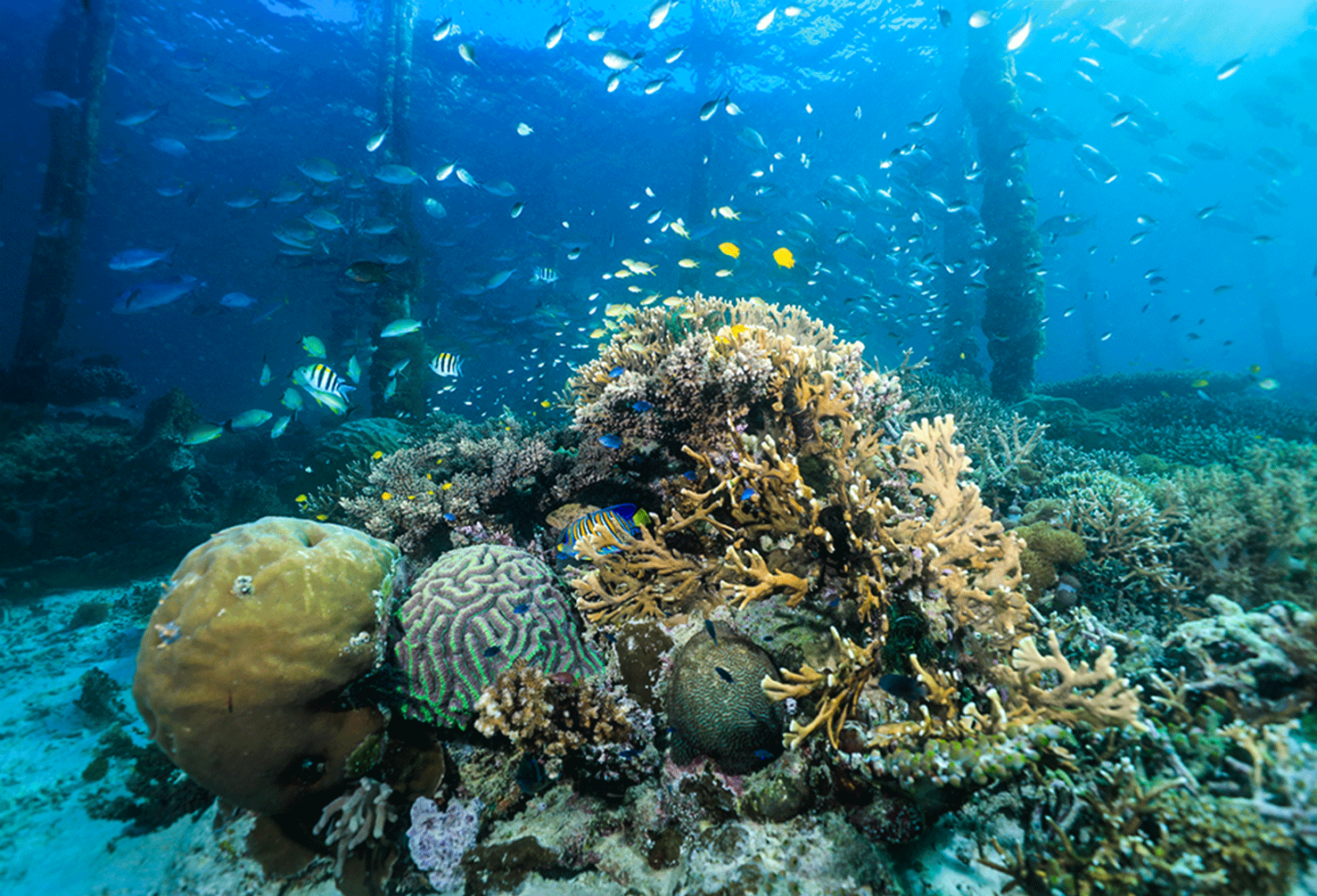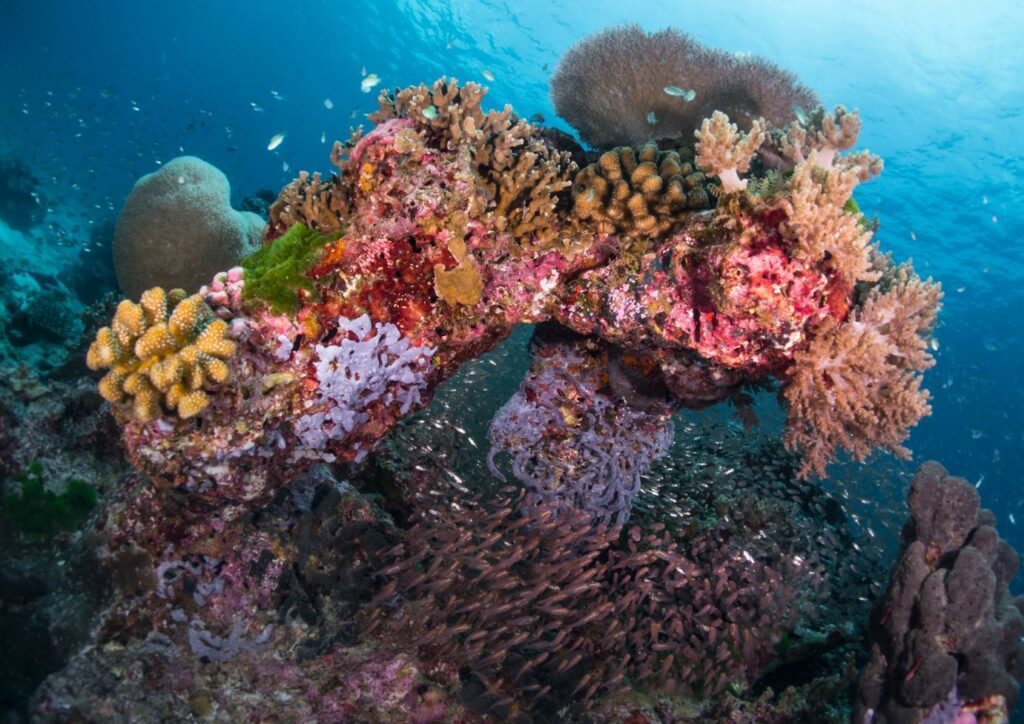Supporting Marine Life Conservation, Why Should I Do it?
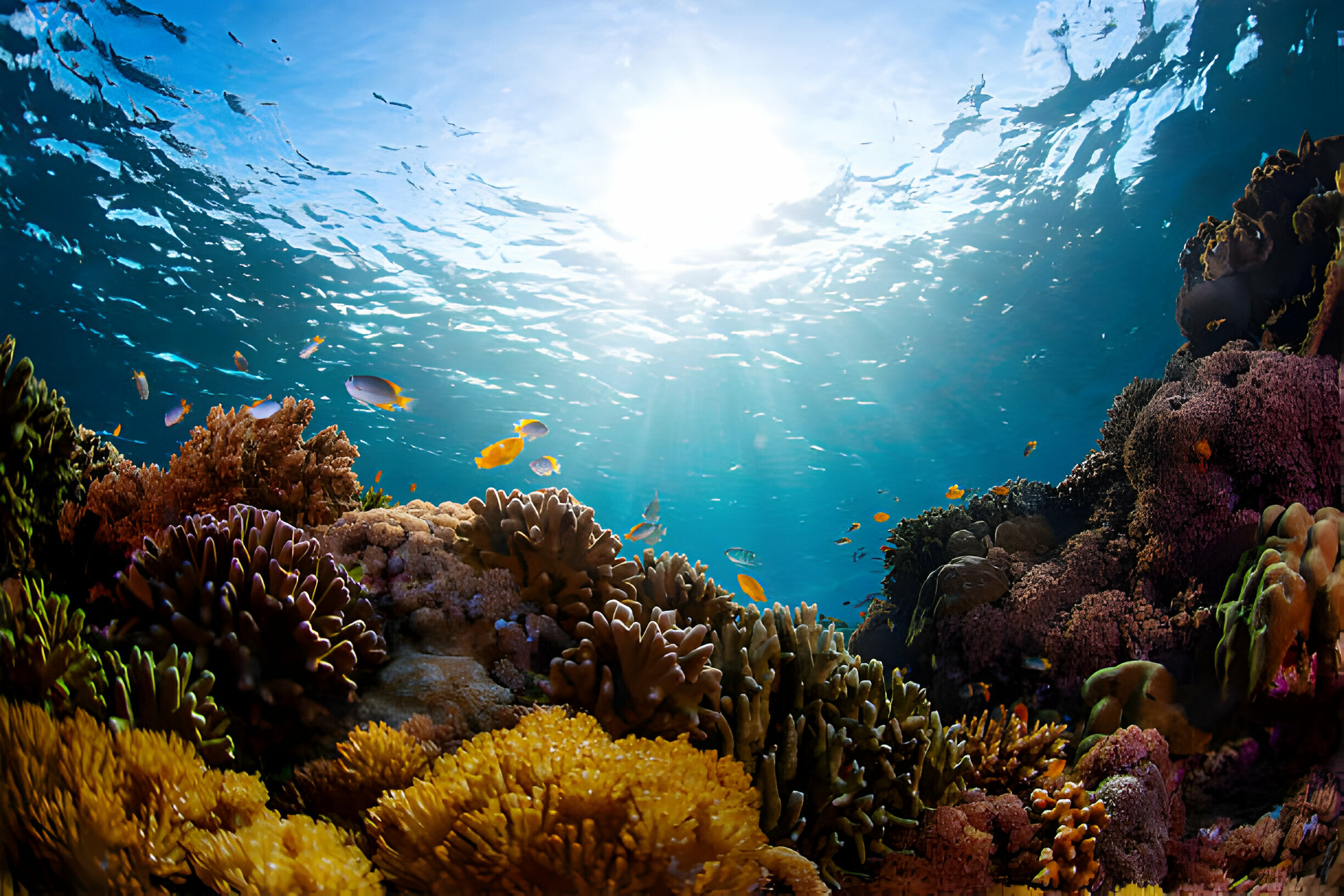
Protecting marine life is crucial for maintaining the balance of our delicate ecosystem. By supporting marine life conservation, you are contributing to the preservation of biodiversity and ensuring the sustainability of our oceans. Many marine species are at risk due to destructive fishing practices, pollution, and habitat destruction. By taking steps to protect marine life, you are not only safeguarding the countless species that call the ocean home, but also securing the well-being of future generations. Our oceans play a vital role in regulating the Earth’s climate and providing a source of food and livelihood for millions of people worldwide. Every small action towards marine life conservation can make a significant impact in preserving this invaluable resource for the future.
What is Marine Life Conservation
Marine life conservation refers to the efforts and initiatives aimed at protecting and preserving the diverse aquatic ecosystems and marine species. It encompasses a wide range of activities, including the establishment of marine protected areas, regulation of fishing practices, reduction of pollution, and restoration of degraded habitats. Conservation efforts also involve raising awareness about the importance of marine life and advocating for policies and regulations that promote sustainable ocean management.
Marine life conservation is crucial for maintaining the health and balance of marine ecosystems, which in turn supports the overall health of the planet. Through conservation, we can safeguard the incredible biodiversity found in our oceans and ensure that future generations can continue to benefit from the resources and services provided by marine environments.
What is The Importance of Marine Life?
Marine life plays a crucial role in maintaining the balance of our planet’s ecosystems. It provides a source of food and livelihood for millions of people around the world, as well as contributing to the regulation of the Earth’s climate. Additionally, marine life also has immense scientific and medical potential, with countless species yet to be discovered, each potentially holding the key to new medicines and treatments.
Furthermore, the oceans and marine life provide us with invaluable recreational and aesthetic benefits, attracting tourists and offering opportunities for leisure activities such as snorkelling, diving, and beachcombing. By protecting marine life, we can continue to enjoy these benefits and ensure a sustainable future for our planet.
Why Should You Care?
Supporting marine life conservation is crucial for several reasons. Marine life plays a critical role in maintaining the balance of our planet’s ecosystems. By preserving marine habitats and species, we can help ensure the overall health of the environment. Additionally, many communities rely on marine resources for their livelihoods, making the protection of marine life important for human well-being as well.
The Impact of Human Activity
Human activities such as overfishing, pollution, and climate change have taken a toll on marine life. Overfishing has depleted fish populations, disrupting the delicate balance of ocean food chains. Pollution, especially from plastic waste, has harmed marine animals and their habitats. Climate change has led to rising sea temperatures and ocean acidification, endangering the survival of many marine species.
Taking Action
There are several ways individuals can contribute to marine life conservation efforts. These include advocating for sustainable fishing practices, reducing plastic consumption and waste, supporting marine protected areas, and participating in beach clean-up initiatives. Educating others about the importance of marine conservation can also mobilise collective action for the cause.
Demand Plastic-Free Alternatives
One of the key reasons to support marine life conservation is the urgent need to demand plastic-free alternatives. The pervasive use of single-use plastic products has led to devastating consequences for marine ecosystems. By advocating for and supporting the use of plastic-free alternatives, we can reduce the amount of plastic pollution entering our oceans and help protect marine life from the harmful impacts of plastic waste. From supporting businesses that offer sustainable packaging options to advocating for government policies that promote the use of biodegradable materials, there are numerous ways to contribute to this cause. This small but impactful change can make a significant difference in the preservation of marine life for future generations.
Reduce Your Carbon Footprint
One of the key reasons to support marine life conservation is to reduce your carbon footprint. The oceans play a crucial role in regulating the Earth’s climate by absorbing carbon dioxide from the atmosphere. By protecting marine life and their habitats, we can help ensure that this vital carbon sink continues to function effectively. Additionally, reducing carbon emissions from activities such as driving and using fossil fuels can also have a positive impact on ocean health, as it helps mitigate the effects of ocean acidification and coral bleaching.
Avoid Ocean Harming Products
By avoiding ocean-harming products, we can directly contribute to the conservation of marine life. Many products such as single-use plastics, chemical pollutants, and items made from unsustainable marine resources can have a detrimental impact on the oceans and the creatures that inhabit them. By choosing sustainable and eco-friendly alternatives, we can reduce the demand for harmful products and help protect marine life for future generations.
Eat Sustainable Seafood
Eating sustainable seafood is an important way to support marine life conservation. By choosing seafood that is harvested or farmed in a sustainable manner, you can help reduce the negative impact on marine ecosystems and ensure the long-term health of ocean populations. Look for certifications such as the Marine Stewardship Council or the Aquaculture Stewardship Council when purchasing seafood to ensure that it has been sourced responsibly. Additionally, opt for locally caught or farmed seafood to support smaller, more sustainable fishing operations and reduce the carbon footprint associated with transportation. By making informed choices about the seafood you consume, you can play a role in protecting marine life and preserving ocean ecosystems for future generations.
Leave Nothing Behind
When we support marine life conservation, we are ensuring that future generations can continue to enjoy the beauty and diversity of our oceans. Leaving nothing behind means being responsible stewards of our planet and taking action to protect marine habitats and species. By doing so, we are preserving the delicate balance of our marine ecosystems and safeguarding the incredible array of life that depends on them.
Enjoy a Diving Trip in Raja Ampat and Komodo with La Galigo Liveaboard
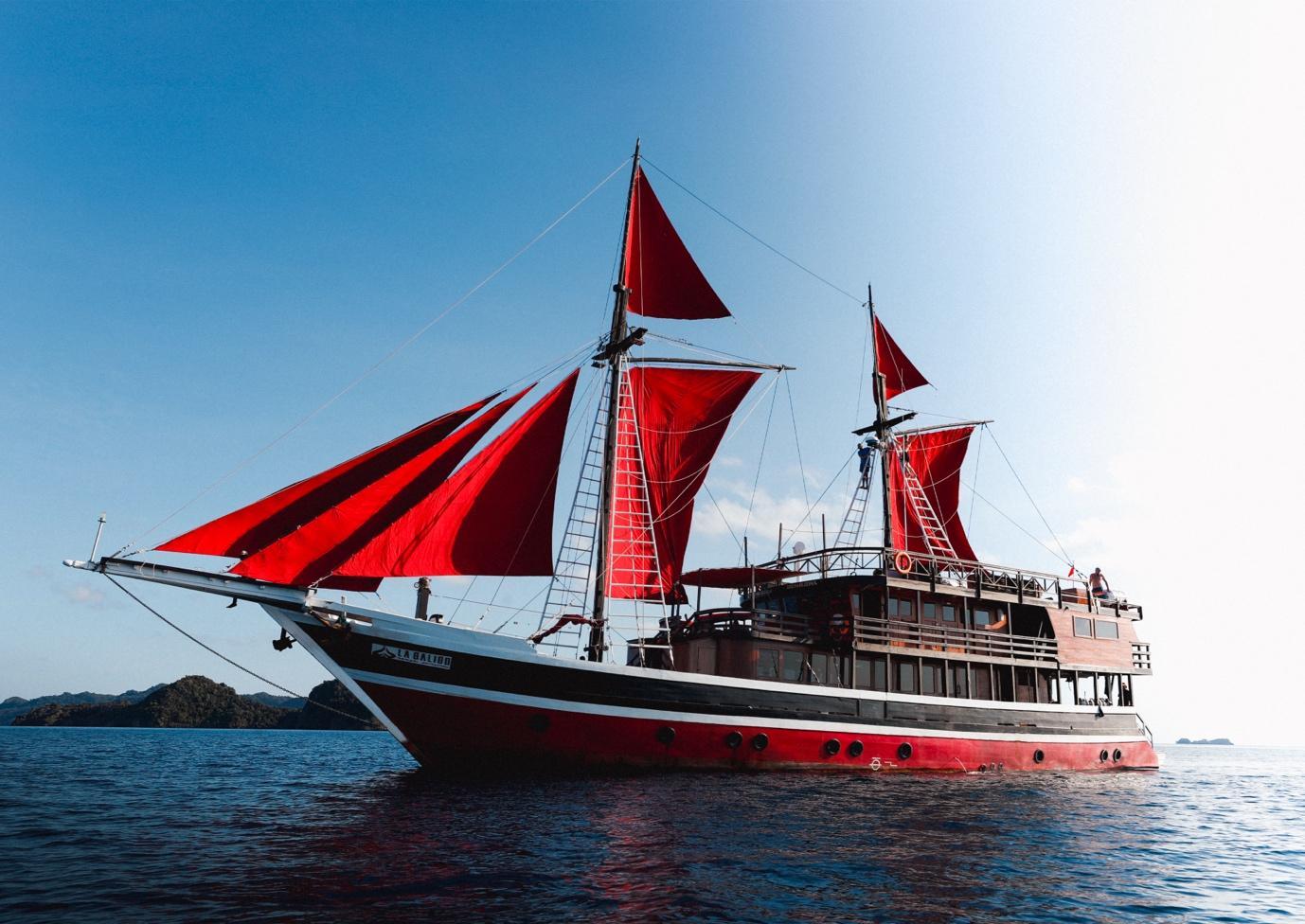
La Galigo is known as one of the best liveaboard diving boats in Raja Ampat Indonesia, and it offers trips to well-known diving destinations such as Komodo and Raja Ampat. The Coral Triangle is located in Indonesia, which has the highest marine biodiversity on the planet.
La Galigo Liveaboard Diving was founded in 2015 by two avid divers who wanted to explore some of Indonesia’s pristine reefs but found that all existing scuba diving options were frequently out of their budget, and wanted to provide an affordable option for everyone to be able to explore these beautiful places.
La Galigo Liveaboard Diving in Raja Ampat & Komodo is a friends and family affair, and our liveaboard diving trips are always focused on fun, safety, guest comfortability, and are exceptional value for money. Our trip prices range from $2,160 for a six-day Komodo liveaboard diving trip to $3,815 for an eight-day Raja Ampat liveaboard diving trip. The price includes four meals a day, diving or snorkelling three to four times a day, and land tours.



